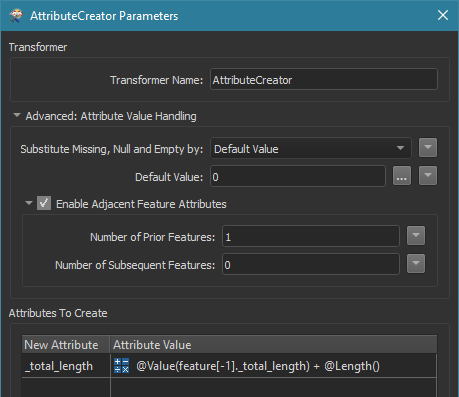Hi there,
I'd like to find out if there is a way to generate a sample of my data based on a measurement instead of a count?
The Sampler transformer seems to do the calculations based on counts of features, but what I need is, for example, say I have 1000 kilometers of road geometry, and I want a random sample of 50 km.
Is this possible?
Thanks in advance,








